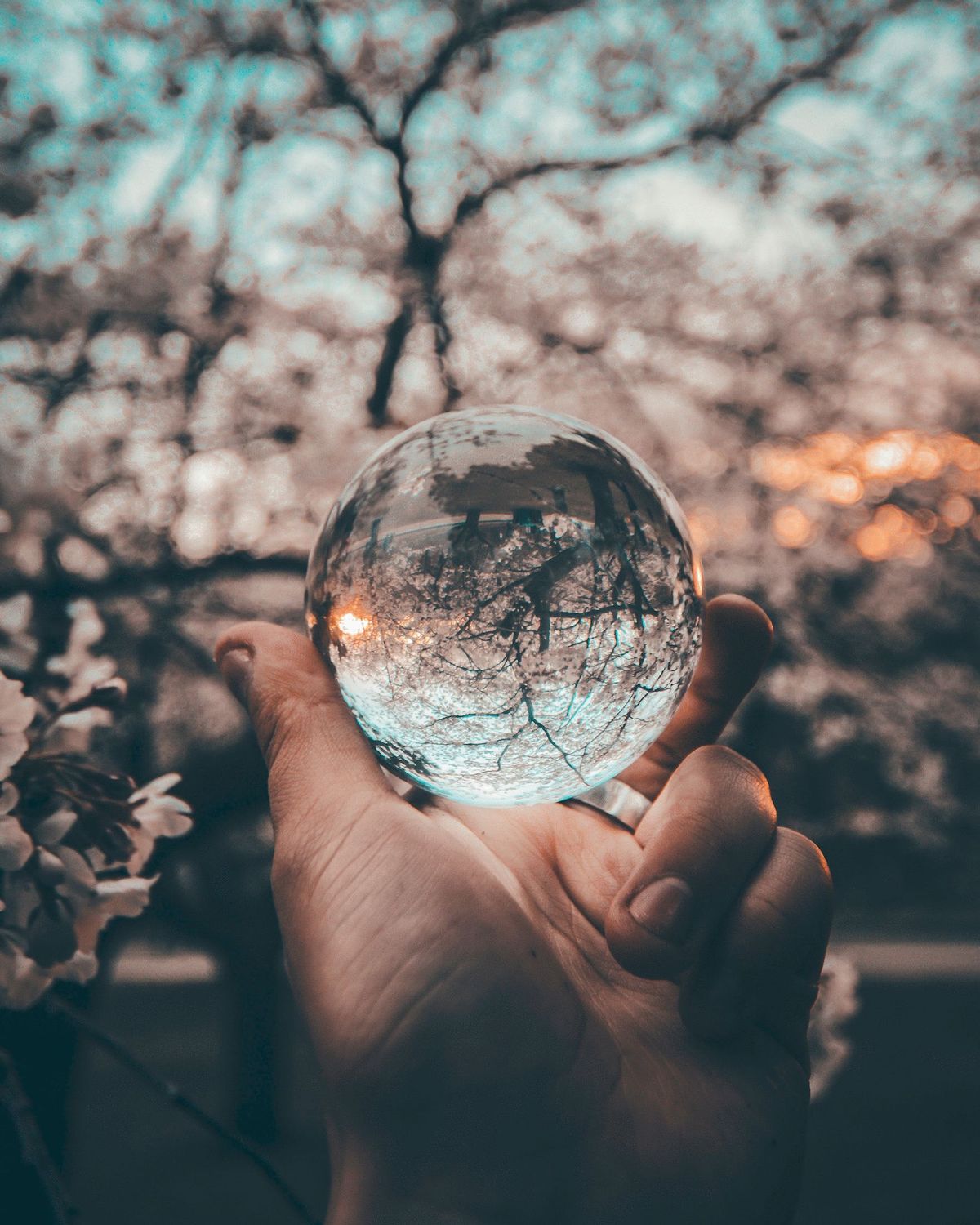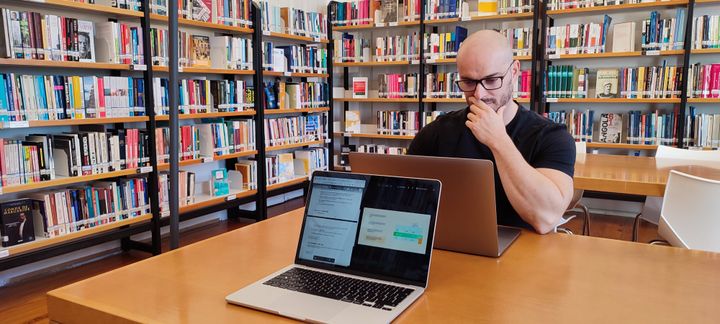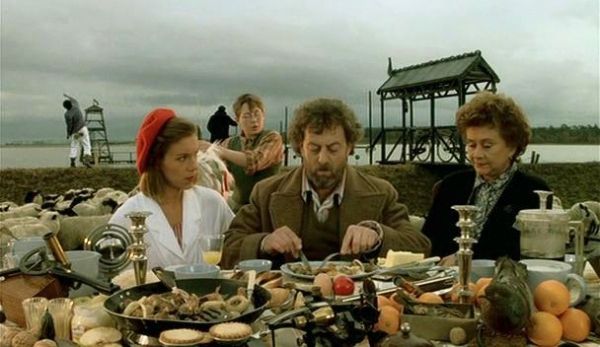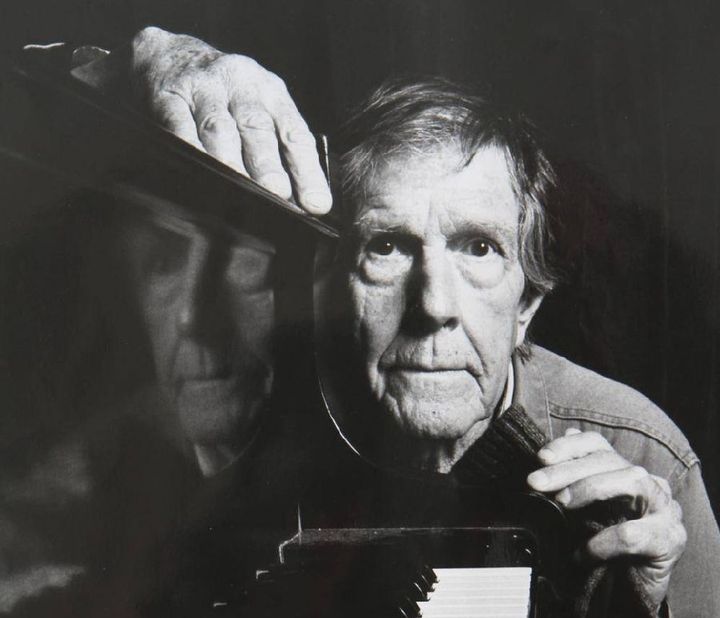A Little Knowledge Is Dangerous

The Daily Stoic for July 14th, “A Little Knowledge Is Dangerous”.
“Every great power is dangerous for the beginner. You must therefore wield them as you are able, but in harmony with nature.”
—EPICTETUS, DISCOURSES, 3.13.20
We’ve never had access to such amount of knowledge as the one we have these days. We just need to unlock our phones to access the largest source of information mankind has ever known.
In today’s world, knowledge is power.
But at the same time, we live in an era of information overload. There’s too much noise out there, so much in fact, we no longer have the ability to tell which sources of information are reliable or not.
A Little Knowledge Is Dangerous
We have witnessed an unprecedented democratization of data. That obviously has lots of advantages, but also some problems.
The power of social networks, and how they are affecting our lives, our governments and our behavior, post-truth and fake news, chatbots talking to each other, greedy machine learning algorithms that can help cure cancer, or serve oppressive governments control their citizens…
We have, in fact, got to a point when knowledge is no longer an objectively positive thing. Knowledge can be dangerous if not contrasted or evaluated with a critical mind. Anti-vaccine groups, radical vegans, nationalisms, anorexic forums…
I’m of course not defending here any type of control or censorship. The global net needs to be open and free. Actually, social networks such as Facebook or Twitter do a great job radicalizing your opinions and points of view. Post-truth and fake news pretty much look the same.
But we, as individuals, need to try to learn all angles and observe all points of view. We need to keep an open mind and try to listen to all voices, not just the ones echoing our own thoughts.
Conclusion
Today’s Daily Stoic, “A Little Knowledge Is Dangerous”, discusses how in today’s world, where we have access to more information than ever, we need to be careful with how we consume it.




Comments ()